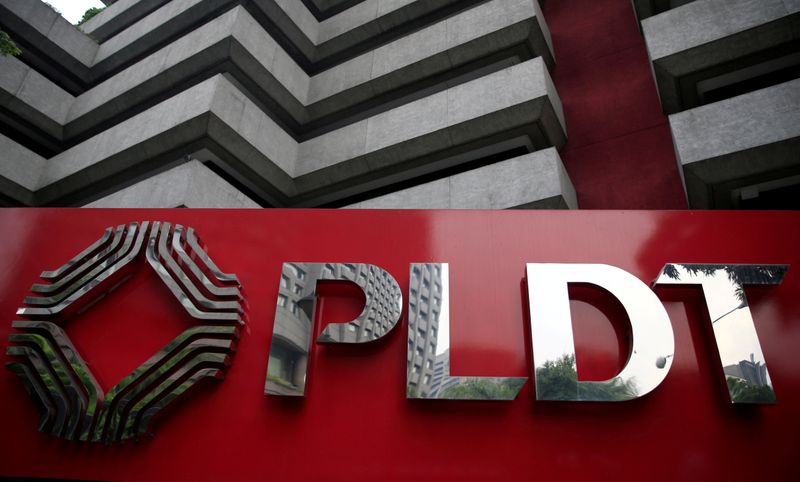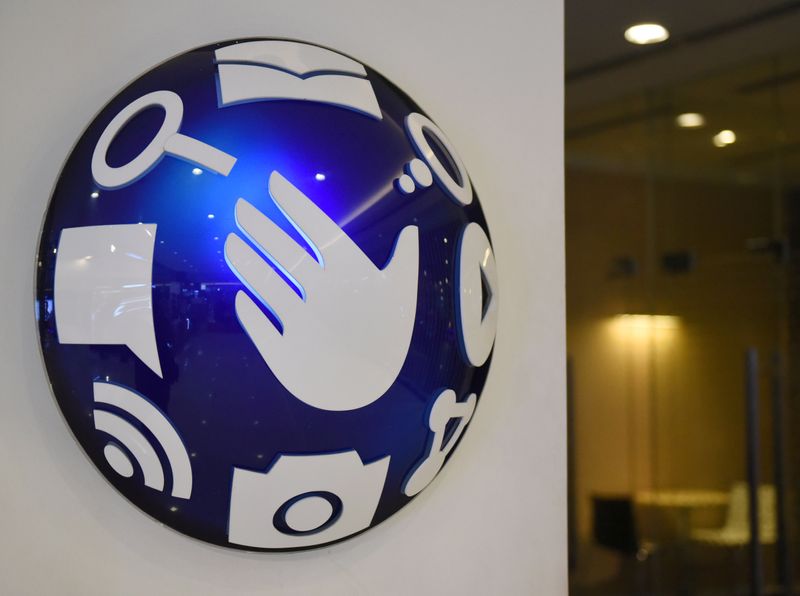By Neil Jerome Morales
MANILA (Reuters) - Shares in top Philippine telecom firms PLDT Inc (PS:TEL) and Globe Telecom Inc (PS:GLO) fell on Tuesday after a threat by President Rodrigo Duterte to shut them down, while firms run by a telecom newcomer with ties to the president soared.
Duterte during his state of the nation address on Monday threatened closure or government takeover of duopoly Globe and PLDT for what he called "lousy service", which he did not elaborate on.
PLDT fell 3.6% and Globe dropped 3.4%. Both companies are controlled by businessmen whom Duterte has publicly lambasted.
Globe in a statement said it had heeded the president's call to invest in improving services, setting aside $1.2 billion for this year. PLDT declined to comment.
Shares in contrast rallied in two firms controlled by Dennis Uy, a rapidly rising tycoon from Duterte's hometown and his biggest election campaign donor.
His new holding firm Dito CME (PS:DITO), which will house a telecoms partnership with China Telecom (HK:0728) that plans to offer services next year, and his conglomerate Chelsea Logistics and Infrastructure Holdings (PS:C) jumped as much as 10.9% and 3.6%, respectively.
Roberto Marco Samson, head of business development at First Metro Securities, said the share moves showed what can happen when Duterte singles out companies in public remarks.
"As we all know, if the administration expresses their dissatisfaction, that could negatively affect the sentiments or the shares," he told ANC news channel.
Dito Telecommunity won a license to operate a third telecom company in 2018 and was the only qualified bidder in an auction that followed months of repeated statements by Duterte that he wanted a Chinese company to break the Globe-PLDT duopoly.
The bid led by Uy was a team-up with state-run China Telecom holding a 40% stake, which some opposition lawmakers say presents a cyber security risk. Dito has rejected that.

The Philippines, among the world's heaviest users of social media, has struggled with patchy coverage and dropped calls as demand soars among the country's 109 million population.
